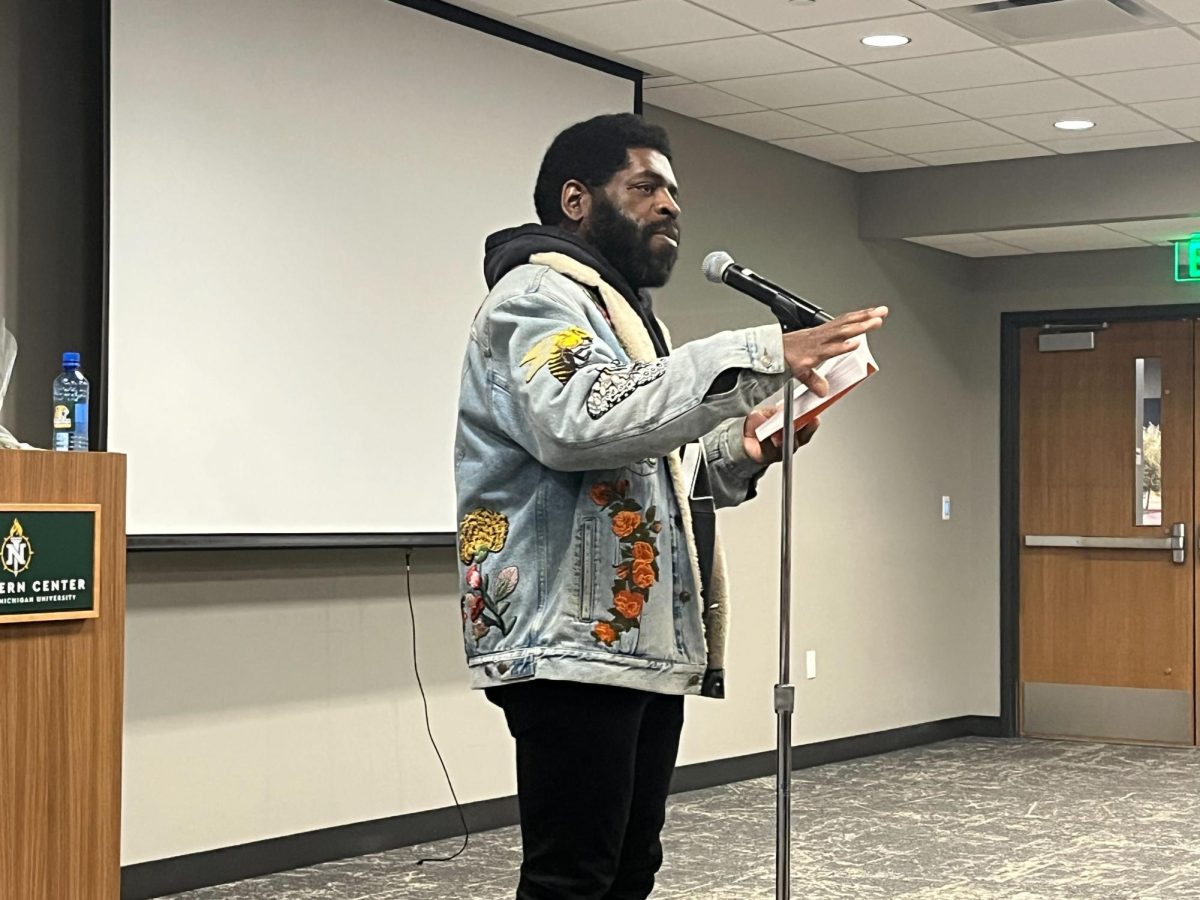The Crypto Wars was a battle between the U.S. government and allied nations attempting to make it illegal for the public to obtain cryptography.
In 2005, this war was deemed a victory by the public. However, recent events have made it unclear where exactly the federal government draws the line with the electronic privacy of United States citizens.
Many who still fear government surveillance as a constant and imminent threat are labeled as conspiracy theorists. Let us not forget that in 2013 Edward Snowden leaked information showing that the U.S. and British governments could read almost all smartphone information, including SMS, location and emails.
To some degree, the Crypto Wars are back now as we are seeing government bodies pushing legislation to stop letting both private and public sectors use encryption they can’t pass with unlimited access. The Apple corporation is now battling for its users’ privacy as the government is trying to force them into developing software that would ensure they have access to all phones.
Back in December, the FBI recovered an iPhone 5C from one of the San Bernardino attackers. After failing to unlock the phone due to a passcode and user-encrypted data, the FBI asked Apple for help.
However, according to The New York Times, Apple had already developed new encryption technology for its iOS operating systems of versions 8 and later. These new methods are quotably, “so deep that Apple could no longer comply with government warrants asking for customer information to be extracted from devices.”
Unfortunately for the FBI, this new technology rendered Apple incapable of accessing the data on the phone.
In early February, the FBI repeatedly pressured Apple to create new technology for the iOS operating system that would allow them to disable security features, but Apple declined due to its policy to “never undermine the security features of its products.”
The actions by the FBI can only be justified as an act of authoritarian aggression relatable to a police state where the government controls private sectors in the name of stopping terrorism. The word terrorism is the new word for communism that the government pushes to support their agendas. They did the same thing during the Cold War with the Red Scare, which they used to justify actions in Korea and Vietnam.
This isn’t about getting the little information between users on a mobile phone but a broader picture of what is to come. Apple would essentially be giving the government access to everyone’s phones with unregulated amounts of data access.
The FBI also filed a court order that would’ve forced Apple to create and provide needed software for them to hack the phone under the All Writs Act of 1789 and a rather dramatic extension of a 1977 Supreme Court case referring to landlines.
The court order by the federal government is based on broad and outdated rulings. We are no longer talking about landlines but unprecedented amounts of information that they potentially had and still could get.
Apple opposed the court order with chief executive officer Tom Cook saying, “it has implications far beyond the legal case at hand.”
Undoubtedly, the case was really dropped from national attention because the FBI managed to find a third party who hacked the phone for them in late March.
The significance of this event is unmeasurable, yet there is hope on the horizon. Major tech companies and other organizations have voiced their support for Apple and have spoken out against invasion of privacy by the feds.
Support for Apple’s decision to keep the government at bay includes the Reform Government Surveillance coalition that is made up of companies like Microsoft, Facebook, Yahoo, Twitter and LinkedIn.
The U.N. High Commissioner for Human Rights, Zeid Ra’ad Al Hussein, says that forcing Apple to develop software to hack their own phones could have “extremely damaging implications for human rights.”
This is a fight between national security and privacy. However, it is on a much larger scale than the government claims. The demands are unbound by any limits set before by lawmakers.
Sadly, the privacy lovers of the world will most likely fall victim to government schemes as we have in the past.
We need to finally draw the line between safety and privacy by not allowing the NSA, FBI and other agencies to snoop into every detail of our lives.
The decision to bypass encryption is as Al Hussein says, “unlocking a Pandora’s Box” containing a very grim future for the privacy of U.S. citizens and everyone around the world.

























